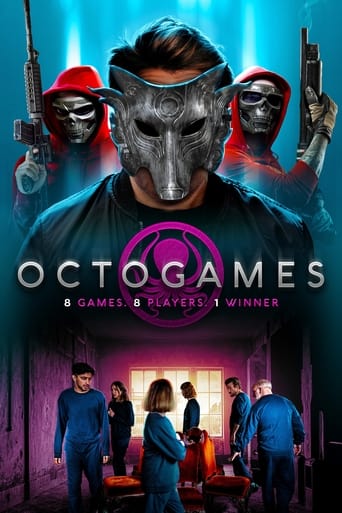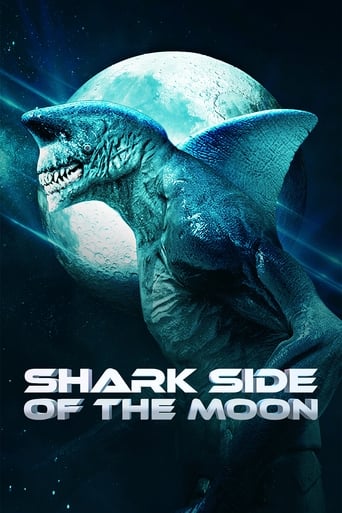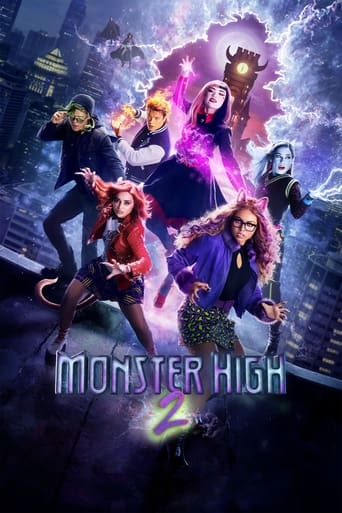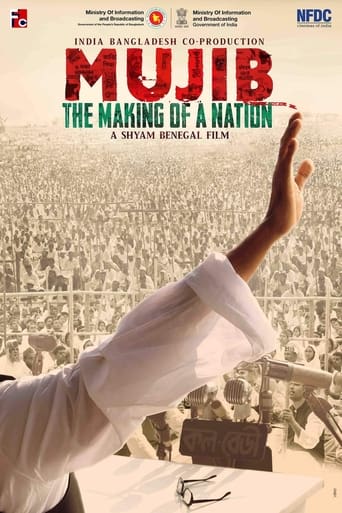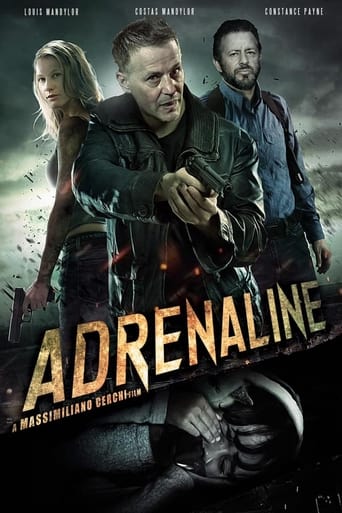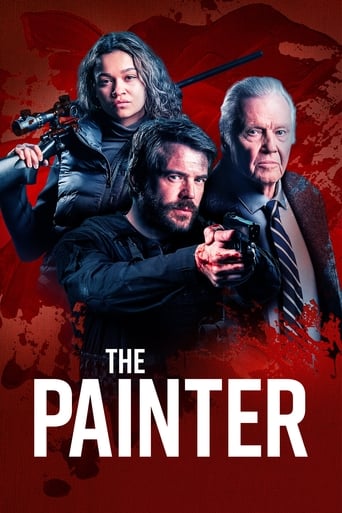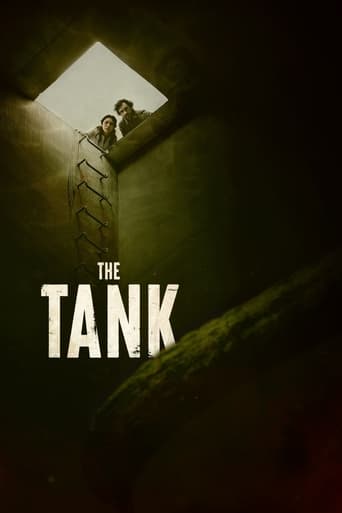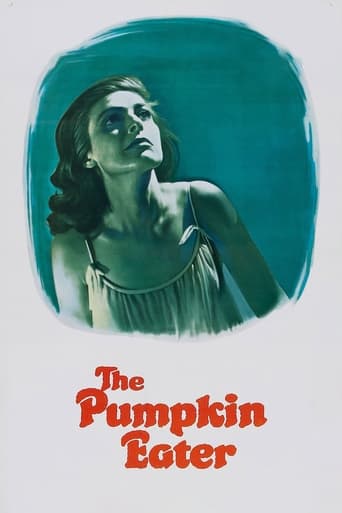


The Pumpkin Eater
Jo, the mother of seven children, divorces her second husband in order to marry Jake, a successful but promiscuous screenwriter. Though they are physically and emotionally compatible, they are slowly torn apart.
-
- Cast:
- Anne Bancroft , Peter Finch , James Mason , Janine Gray , Cedric Hardwicke , Rosalind Atkinson , Alan Webb


Similar titles
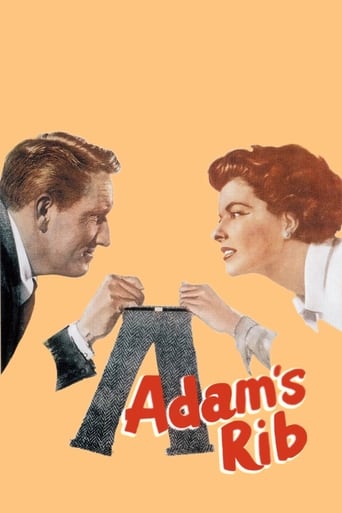
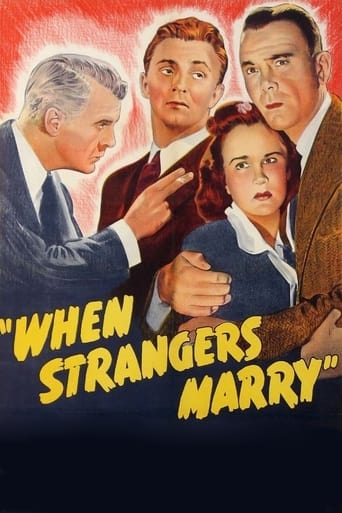
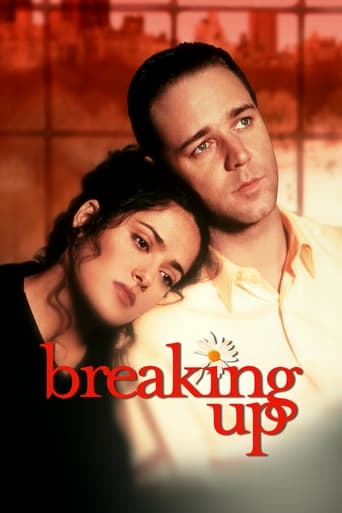
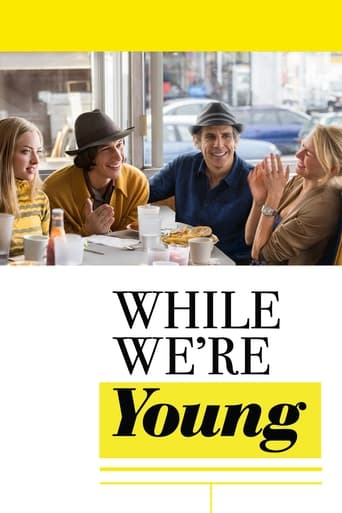
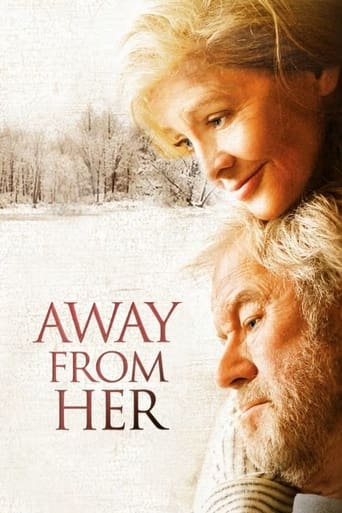
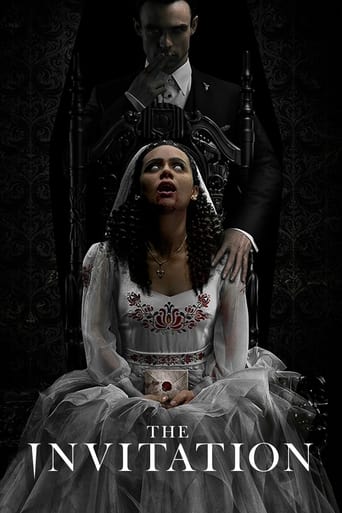
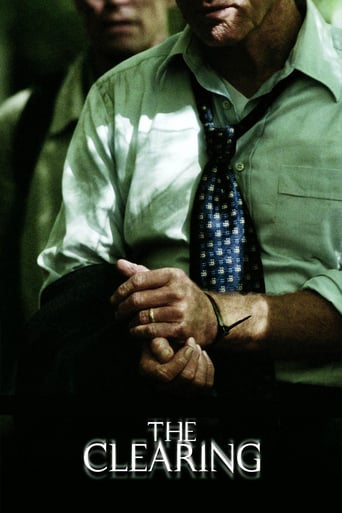
Reviews
People are voting emotionally.
It was OK. I don't see why everyone loves it so much. It wasn't very smart or deep or well-directed.
One of the best movies of the year! Incredible from the beginning to the end.
It is neither dumb nor smart enough to be fun, and spends way too much time with its boring human characters.
This is probably the finest film ever directed by Jack Clayton. It is a classic and a genuine masterpiece. The lead performance by Anne Bancroft won an Oscar nomination but was so amazing that it really deserved ten Oscars, and is probably the most inspired and powerful performance of her career. One reason why the film has been largely forgotten today is that no one understands the title. It comes from the nursery rhyme: 'Peter Peter pumpkin-eater/Had a wife and couldn't keep her./ He put her in a pumpkin shell/ And there he kept her very well.' At the time of the novel and film, most British people knew this nursery rhyme very well indeed from their childhoods, whereas today it is possible that no one under 50 has ever heard it. Knowing nothing about the film and merely seeing its incomprehensible title, it is not the sort of DVD you would buy. Nor do people today tend to remember Jack Clayton (1921-1995), one of the best directors ever produced by Britain. I only knew him towards the end of his life, when we discussed a project together, and he was a very congenial fellow. I always greatly admired his film of THE GREAT GATSBY (1974), and his ROOM AT THE TOP (1959) was a classic of its time as well. But Jack's genius was never sufficiently appreciated, in my opinion, and he had trouble getting his projects funded. In this film, there are some splendid cinematic moments. His dissolve into the first of the flashbacks near the beginning of this film is one of the finest I have ever seen on screen. Anne Bancroft, who has been wandering round her London house looking at the furniture in a meditative mood, turns her head to the left in a close shot and the right side of screen whites out beside her. Then we see her as a younger woman slowly appear in the whited-out area, on the day she first met her third husband, played by Peter Finch. The elegiac mood is greatly enhanced by a superb score by Georges Delerue, and this recurring flashback-theme features a sad oboe to great effect, reminding us of Vivaldi. In those days there were no monitors, and a director peeked through the camera at the polite invitation of his cinematographer and then stood closely beside it, practically breathing down the nostrils of his actors. That is what I call real film-making, not the ridiculous long-distance approach of today, where directors sit remotely watching a little screen and call that directing. No wonder they so often do a bad job. At that time a director relied very heavily indeed upon his camera operator, much more so than now. And Brian West, who operated for this film, was one of the best, rivaling Denys Coop at that time. The cinematographer was the great Ossie Morris. I knew Morris and West and they were both such fine fellows, as most cameramen were in those days when they all wore jackets and ties to work and behaved like perfect gentlemen at a formal tea when on set. Every shot in this film is perfect, every camera movement is perfect. This film should be used for analysis in all film schools as a specimen of how to make the perfect film. There is such a sensational scene by the brilliant and scary actress Yootha Joyce, who died aged only 53 of alcoholism, in 1980. Once seen, never forgotten, as the woman in the hairdresser's! Even though he was such an objectionable person, I am forced to admit that Harold Pinter's screenplay is brilliant, and his dialogue is perfect. He may have been the world's most annoying man, but he was an inspired playwright and screenwriter, that's for sure. James Mason does a superb job of playing a sleazy and perverse film producer. Maggie Smith is outstanding in an early role as a woman who moves in with Finch and Bancroft; her cameo is simply unforgettable. This film is based upon the best-selling and partially autobiographical British novel of the same title by Penelope Mortimer (1918-1999), who at the time was the estranged wife (they did not divorce until 1971) of playwright and TV writer John Mortimer (1923-2009), who was also a very prominent lawyer. They were the parents of the extremely talented film actress Emily Mortimer, who gave such an electrifying performance in TRANSSIBERIAN (2008, see my review). Penelope was also the mother of the actress Caroline Mortimer (born 1942) by her first husband. Caroline is apparently portrayed as the eldest daughter in this film. My wife and I met each other for the first time in the house where Penelope lived at the time she wrote this novel. Long ago I knew John slightly. I recall going to a party at his house in Little Venice in London, on Blomfield Road, across the canal from Edward Fox, and down the road from Fred Zinneman and Christopher Fry. A few minutes away on Randolph Crescent was the house where Orson Welles always stayed when he came to town. At that time John's girlfriend was a beautiful and fascinating Israeli girl named Ziva. She and I chatted a great deal and she flirted with me outrageously. John didn't notice because he was too busy pouring whiskeys and gin and tonics for his important guests, and later he got rather drunk. He was exceptionally clever but he could be a bit of a windbag sometimes, and he was a compulsive womanizer, and certainly went too far with that, losing a lot of people's respect. This film is an exquisitely sensitive portrayal of a woman who can only be happy when she is pregnant, and whose life and relationships are examined with a relentless microscope. It is a magnificent achievement, and should really be revived in these days when women's lives have become so much more important to a wide public.
Anne Bancroft gives a shattering performance as a woman on the verge in The Pumpkin Eater. In arguably her finest role Bancroft through the shear power of expression slowly disintegrates from the pressures of raising an army of kids and the betrayal of her philandering husband in this melancholy marathon written by Harold Pinter and directed by Jack Clayton. Prolific breeder Jo marries up and coming screenwriter Jake Armitage and adds another child to the brood along the way. She luxuriates in the chaotic household but Jake chafes at the constant barrage of activity. He is also prone to straying. Watching Bancroft go over the edge is both disturbing and mesmerizing made even more uncomfortable by Jack Clayton and cinematographer Oswald Morris's insistence on making us see things from her point of view most of the film. Her haunting blank stares speak volumes making her rages all the more volcanic. The adult world she deals with is deceitful and cruel and we are left to witness her wall of denial crumbling. It's a grim but absorbing watch.Finch along with a superb supporting cast do an excellent job of illuminating Jo's hostile world. In a mere three scenes and one phone call James Mason goes about as low as one can get as a cuckolded husband with unctuous magnificence. Maggie Smith is exasperatingly callous as a mooch and lover to Jake while Yootha Joyce as a stranger in a benign hair salon is chilling.Over two hours in length this lugubrious work never wanes due to Pinter and Mortimer's fine tuned script that keeps you guessing as to the extent of Jo's instability along with Clayton's tension creating tight framing and Miss Bancroft's truly riveting performances that has to rank with some of the best of the decade.
That Anne Bancroft was a looker. What an incredible face! Her face is the star of this movie about a severely depressed woman who used her children as a buffer between her and life. After having fallen in love at first sight with her third husband, she spends the next two hours of the film suspecting him, accurately, of adultery, and alternatively adoring and despising him. There are chilling hints of how she got to be this way -- her mother and father have no respect for psychological boundaries. They walk all over their every-hair-in-place, privileged daughter as if she isn't even there. And she never says a word. The movie ends on a particularly depressing note. She and her husband -- despite a recent slug fest over his having impregnated the smarmy James Mason's young wife -- are back together in the bosom of their large family. Ain't no way this truce is gonna last, and that's the tragedy of it all. Definitely a compelling film. I couldn't wait to see how it turned out. But it doesn't add up to much -- like many modern romances? And why DID they title this film as the did? That's the biggest puzzler of all.
Anne Bancroft stars as a British housewife, suffering from depression, seemingly addicted to having children, and betrayed by her philandering husband (Peter Finch). The script is by Harold Pinter, adapted from a novel which, via a first-person narrative, takes the woman's point of view, and the dialogue is nicely 'Pinteresque' – people repeating lines back at each other, awkward pauses, unanswered questions, veiled insults, etc. The performances are all good, and there are visually arresting edits, deep focus shots, and extreme close ups of faces. The vaguely jazzy music is wistful and stately, coming as it does from George Delerue, who scored the roughly contemporary 'Jules et Jim' (which, in its combination of slow pacing, emotional dramatics and smooth black and white surface, perhaps shares some similarities with this picture.) But the film as a whole ends up seeing like an ultimately rather insubstantial British upper-middle class version of Antonioni's 'L'Avventura', full of unpleasant or just selfishly uninteresting characters wearing nice clothes in fashionable London houses and country retreats. Hence the review in Time Out magazine that sees the scene of Bancroft's breakdown in Harrods as a kind of parodic summation of the movie: the chic-swathed angst of the wealthy. The slightly soapy plot is treated for the most part as serious drama, but does have its satirical aspect (probably due to Pinter's script), though this never really makes itself fully apparent. I guess 'The Pumpkin Eater' needs to be placed in the context of the British New Wave – dramas about 'real people', frankly discussing controversial topics such as abortion and infidelity, as opposed to films with generic, historical or fantastical subjects. And it does, though not that explicitly, deal with certain feminist issues in a way that was probably quite unusual at the time.The main problem is that the privileged lifestyles of the characters makes it all feel like an in-depth, expertly crafted examination of the selfishly introspective psychological diversions of the nouveau riche (nothing much is made of the one intrusion from outside this social world, the strange moment when Bancroft is visited by a ragged door-to-door 'prophet', who seems to preach a 'gospel' of sexual liberation); and one ultimately wonders whether the subject deserves such close attention.


